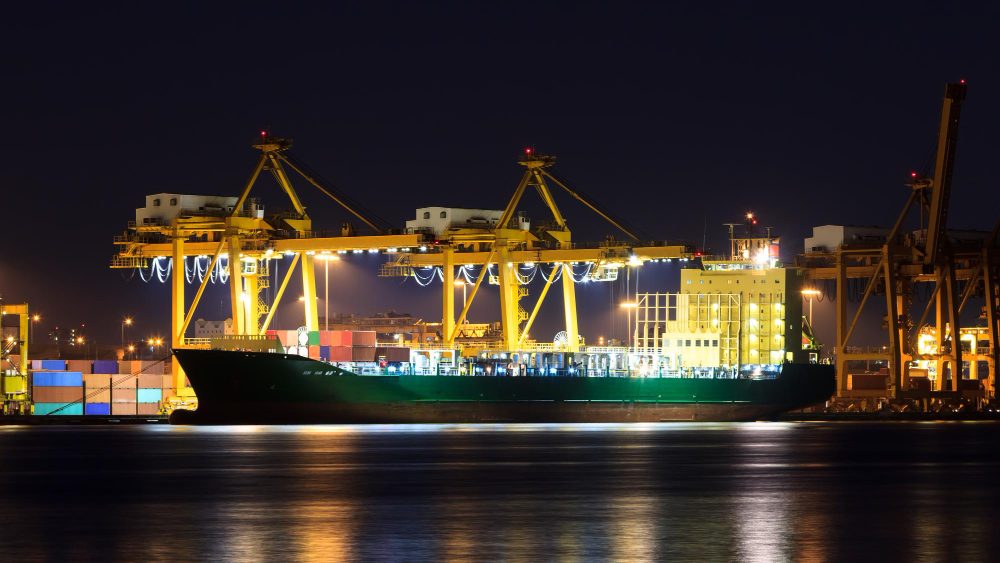SINGAPORE: Two of the world’s largest container shipping lines, Maersk and Hapag-Lloyd, unveiled their new strategic alliance, dubbed the Gemini Cooperation. This partnership aims to create a robust new ocean network, with Singapore positioned as a central hub for cargo moving between Europe and Asia.
According to the latest Straits Times report, under this collaboration, approximately 40 vessels will call at the Singapore port each week, transporting eastbound cargo such as goods from Europe to Asia. The alliance’s goal is ambitious, with plans to achieve at least 90% punctuality for shipments once the new schedules are fully phased in. The new Gemini network will operate with 340 vessels and a combined capacity of 3.7 million 20-foot equivalent units (TEUs), signalling a major shift in container shipping operations.
Optimizing efficiency with hub-and-spoke model
The Gemini network will feature 29 main services supported by 28 intra-regional shuttle services. The hub-and-spoke model, where Singapore serves as a central “hub” from which smaller routes, or “spokes,” extend to other destinations, allows both Maersk and Hapag-Lloyd to optimize vessel sizes, sailing speeds and reduce idle times. This approach not only enhances operational efficiency but also contributes to lower carbon emissions.
According to Rolf Habben Jansen, CEO of Hapag-Lloyd, the network will meet the critical customer demand for greater schedule reliability. He stated that this would set a new quality standard in the industry. Johan Sigsgaard, Maersk’s Chief Product Officer, highlighted that the collaboration was designed to deliver increased reliability, flexibility, and more competitive products, ensuring customers benefit from streamlined, high-performance logistics.
Despite its promising outlook, the network will initially sail around Africa’s Cape of Good Hope, avoiding the Red Sea due to ongoing safety concerns in the region. This precaution follows an October 2024 decision to bypass the volatile area, though a potential transition to a trans-Suez route remains in the plans should conditions stabilize.
Both Maersk and Hapag-Lloyd are committed to ensuring that the full implementation of the network is as smooth and efficient as possible while remaining flexible to changes in the geopolitical landscape.

